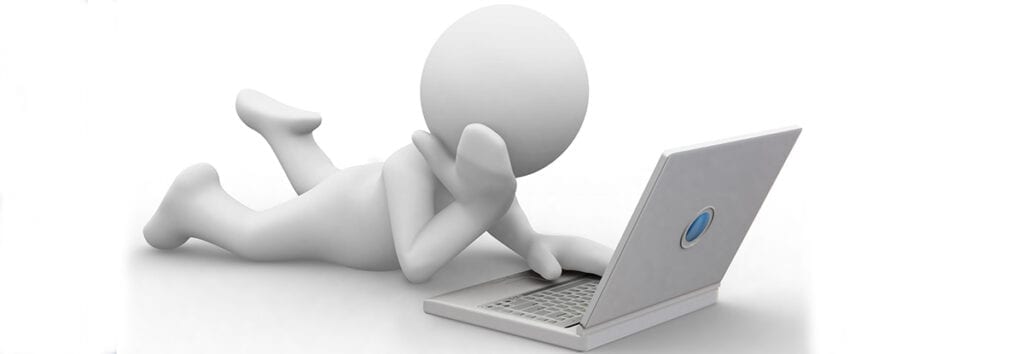Hoping to play in a professional gaming competition or launch an esports competition in the United States? If you’re not American, you’ll probably need US Work Authorization and an immigration visa. Watch the video to find out what you need to know.
[Enhanced Video Transcript:] All right. So, this section is just for our foreign professional gamer friends. So, if you are legally entitled to live in America, feel free to skip this section. Come on in. Go. Shoo, shoo, shoo.
Foreigners only. If you asked, they're watching this. I am assuming you are not a permanent resident or citizen of the United States. So, here's the deal. Obtaining work authorization can potentially be a problem. It goes without saying that there are many opportunities for esport professionals in the United States and certainly, some of the biggest competitions with the biggest prize money will be hosted here. You should, therefore, have some understanding of the types of immigrant and non-immigrant work visas that you can apply for.
We're gonna talk here about three potential visas that you may wish to consider. The P-1A, the O-1A, and the EB-1A. The P-1A visa is designed for internationally recognized athletes coming to the United States to participate in a specific athletic competition. Yes. Increasingly, the United States does recognize esport players as athletes. Although the P-1A visa requires a high level of achievement, it does not require you to be the most famous of famous players to qualify. Although that does help, you need only prove that your degree of skill and recognition is substantially above that ordinarily encountered. Let me say that again. You need only prove that your degree of skill and recognition is substantially above that ordinarily encountered. Showing that your achievement is renowned, leading or well-known in more than one country is sufficient to fulfill this requirement.
For some esport games, there is an individual global ranking system that might also be helpful with your visa application. For example, in League of Legends, if you can show that you have a Challenger or Grandmaster rank, this might be helpful evidence. Similarly, in Dota, if you can show that you are Immortal rank. This again might be helpful evidence when you apply.
One more thing to note: The P-1A visa allows you to enter into the United States only for the duration of the esport competition that you are applying for. The O-1A visa category requires an esports player to establish three things. Number one, you have a job in the U.S. Number two, you have extraordinary ability. And number three, you are coming to the United States to continue work in the area of your extraordinary ability which, in this case, is playing computer games. Obtaining an O-1A visa allows you to live and work in the United States for a period of three years and can potentially be extended. Also, this extraordinary ability standard can be the basis of a permanent resident application based on the EB-1A visa.
The EB-1A immigration visa allows gifted foreign citizens to become permanent residents of the U.S.A. The key to gaining an EB-1A visa is to demonstrate that the person applying is sufficiently gifted. If you are applying for an EB-1A visa, make sure you have a thorough, prepared, and persuasive application because by doing so, you are much more likely to succeed for the simple reason that this visa category is very malleable, is very subjective. Generally, applications must persuade the federal government that the person applying meets at least 3 out of 10 criteria stated in the federal regulations. We can talk more about this in closer detail in another video.
Note also for a few very, very special applicants, these people can actually ignore this very complicated application process just by simply showing that they have received an internationally recognized award. For example, if you have won a major esports competition such as "The International," for Dota, can you tell I like Dota? That would certainly help your case. Also, all applicants must demonstrate the intention to continue their work within the United States. Surprisingly, there are no labor certificates or job offer required for an EB-1A application.
Anyway, I am knackered, so we're gonna call that a day. Thanks for watching. You've been watching Lemmy, and this is esports and the law. Live your life and do what you got to do. See you soon.

